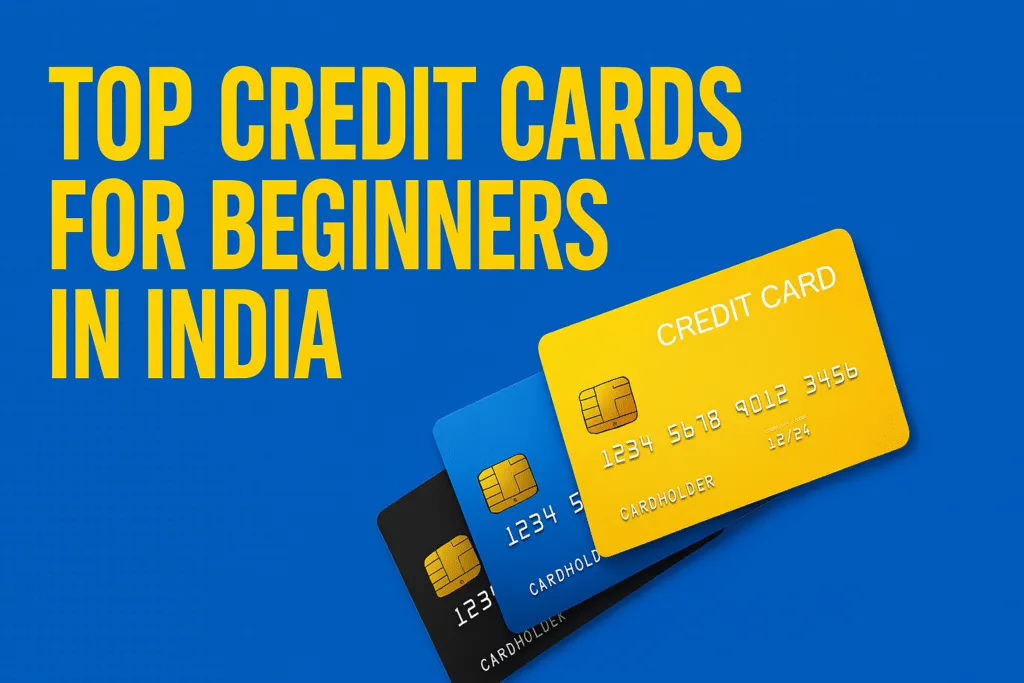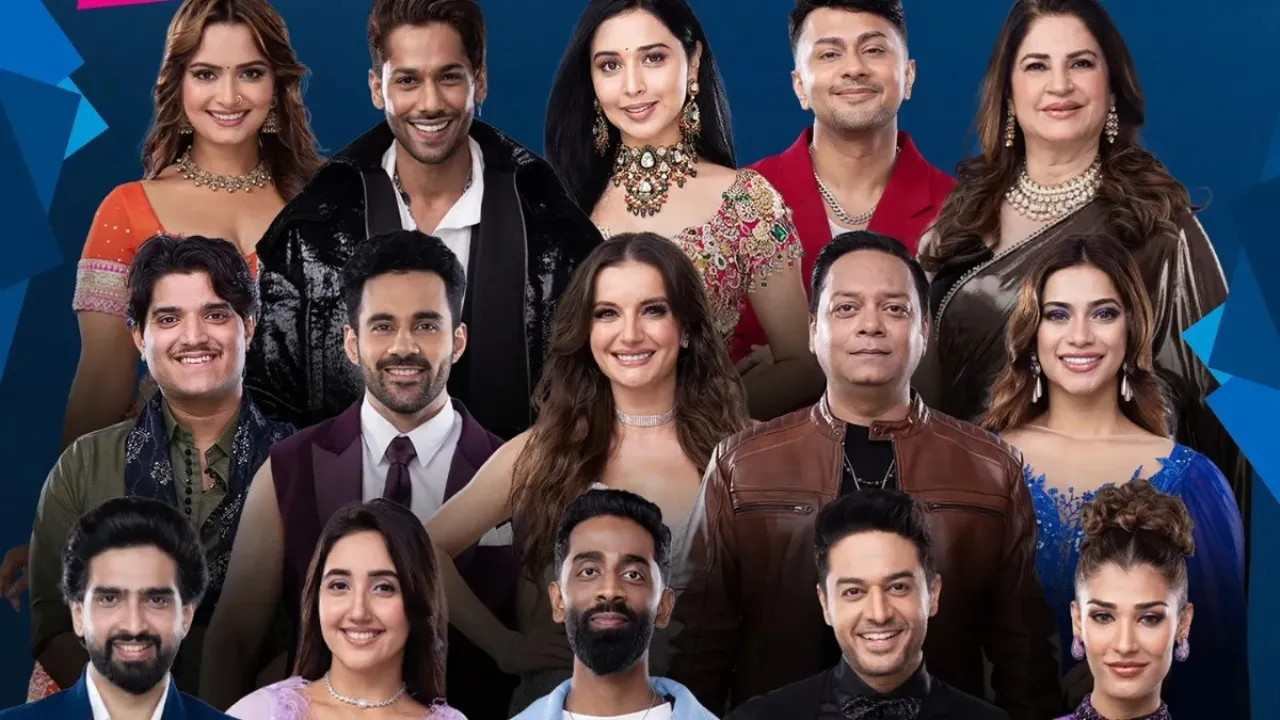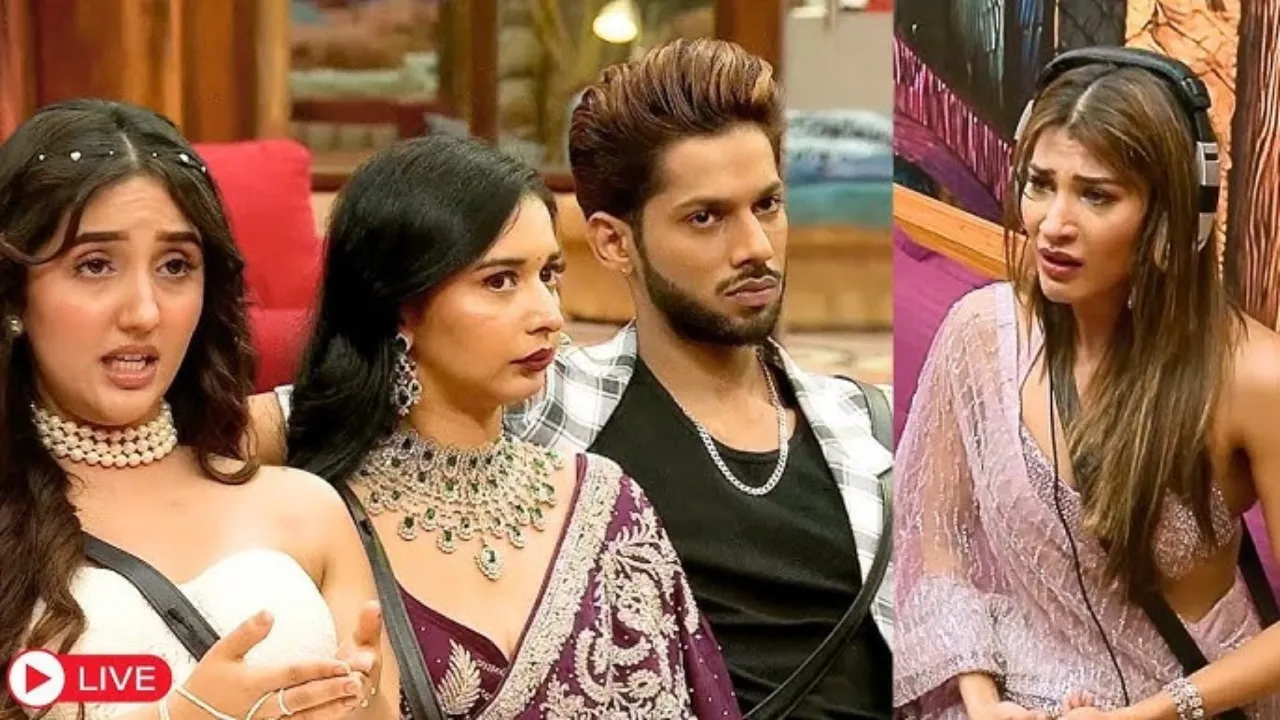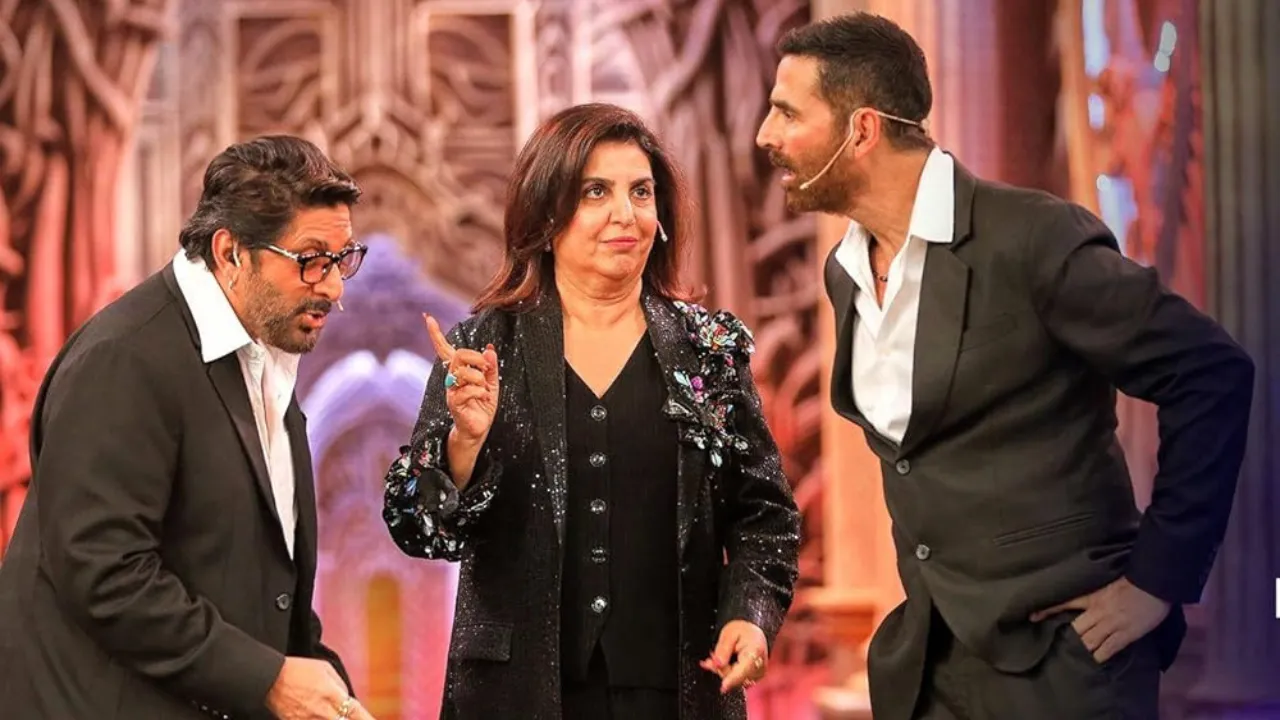Introduction
If you’re just starting your financial journey, choosing the best credit card can feel overwhelming. With so many options available, flashy offers, and hidden terms, it’s easy to get confused—especially if you’re applying for the first time. As a tech blogger, I understand how important it is to simplify complex choices and help people make informed decisions, and that’s exactly what this guide aims to do.
In today’s digital-first world, having a credit card isn’t just about shopping or emergencies. It’s your entry point to building a strong credit score, enjoying cashback, and accessing smart financial tools. The right credit card can teach you how to manage expenses, earn rewards on your daily spending, and even save money on subscriptions or online purchases.
But how do you know which one is truly the best credit card for beginners? That’s where this article helps. We’ll look at beginner-friendly cards that offer easy approval, low or zero annual fees, and valuable benefits tailored for first-time users. Whether you’re a student, a young professional, or someone trying to build their credit profile, the right choice can make a big difference.
Getting started doesn’t have to be difficult. With the right knowledge and a clear goal in mind, you can confidently pick a credit card that fits your needs without falling into common traps. Read on to discover our top recommendations and smart tips to help you unlock the benefits of the best credit cards available in India today.
How to Choose the Right Credit Card as a Beginner
When you’re new to credit cards, selecting the best credit card can be tricky—but it doesn’t have to be. Instead of getting swayed by flashy offers or big brand names, it’s important to focus on features that truly matter for beginners.
Start by checking the annual fee. Many entry-level credit cards come with low or zero fees, which is perfect when you’re just starting out. A card with no annual cost still offers great benefits if chosen wisely.
Next, look at reward programs and cashback offers. The best credit card for beginners should give you value for your regular spending—like online shopping, groceries, fuel, or even utility bill payments. Some cards partner with popular platforms like Amazon, Flipkart, or Swiggy, which can turn your daily purchases into real savings.
Also, consider ease of approval. As a beginner, you may not have a credit history. Look for cards that require low income proof or even offer approval based on savings accounts or fixed deposits.
Watch out for hidden charges like high interest rates, late payment fees, and foreign transaction costs. These may not seem important at first but can catch you off guard later.
Lastly, check if the card comes with basic benefits like fuel surcharge waivers, EMI options, or contactless payment support. These small perks can add convenience to your spending experience.
Remember, the best credit card isn’t the one with the most offers—it’s the one that aligns with your lifestyle, income, and spending habits. Choose smartly now, and it will help you build a strong financial foundation for the future.
Top 7 Best Credit Cards for Indian Beginners in 2025
Finding the best credit card as a beginner isn’t just about flashy offers—it’s about ease of approval, low fees, useful rewards, and overall value. In 2025, several banks in India offer beginner-friendly cards that are easy to get and packed with features. Here are the top 7 options you should consider:
1. SBI SimplyCLICK Credit Card
This card is ideal for online shoppers. You earn 10X reward points on platforms like Amazon, BookMyShow, Cleartrip, and more. The annual fee is ₹499, but it’s waived if you spend ₹1 lakh in a year. It also offers milestone benefits like e-vouchers on achieving spend targets. If your goal is to save while shopping online, this could be the best credit card to begin with.
2. HDFC MoneyBack+ Credit Card
Tailored for everyday spending, this card offers 10X cashback on Amazon, Flipkart, BigBasket, and Swiggy. You also earn accelerated reward points on EMI transactions. The annual fee is ₹500, waived on ₹50,000 annual spends. With solid cashback and HDFC’s reliable service, it’s one of the top beginner options in India.
3. ICICI Amazon Pay Credit Card
If you’re a regular Amazon user, this lifetime free credit card is hard to beat. You get 5% cashback on Amazon (for Prime users), 3% on partner brands, and 1% on everything else. No joining fee, no annual fee—making it a strong candidate for the best credit card for those starting out with zero experience.
4. Axis Bank Neo Credit Card
This is a great all-rounder for young professionals and students. You get welcome vouchers worth ₹250 from Amazon and Zomato, and discounts on Swiggy, BookMyShow, and Myntra. The annual fee is ₹250, which is quite reasonable. If you’re looking for a budget-friendly entry into the world of credit cards, the Axis Neo is a strong contender.
5. IDFC FIRST Millennia Credit Card
What makes this card stand out is that it’s lifetime free—with no joining or annual fee. It offers 10X reward points on online purchases above ₹20,000 per month, along with interest-free ATM cash withdrawals for up to 48 days. Its wide acceptance, app control, and transparent rewards make it the best credit card for beginners who want freedom without extra charges.
6. Flipkart Axis Bank Credit Card
Another fantastic option for online shoppers, this card gives 5% cashback on Flipkart and Myntra, 4% on Swiggy, Uber, PVR, and 1.5% on other spends. With a joining and annual fee of ₹500, the cashback benefits can quickly make up for the cost. If Flipkart is your go-to platform, this could be the perfect beginner card for you.
7. Kotak 811 DreamDifferent Credit Card
This is a secured credit card, meaning you can get it by opening a fixed deposit with Kotak. There’s no joining or annual fee, and you earn 2X reward points on online spends. It also helps build a credit history safely. If you’re someone with no credit background or income proof, this might be the best credit card to start building your credit score.
Each of these cards is designed with beginners in mind—offering a mix of low fees, smart rewards, and simple approval processes. The key is to choose one that fits your lifestyle, spending pattern, and future goals. A smart start now can lead to stronger financial health later.
Comparison Table – Beginner-Friendly Credit Cards (2025)
| Credit Card Name | Annual Fee | Key Benefits | Ideal For | Lifetime Free? |
|---|---|---|---|---|
| SBI SimplyCLICK Credit Card | ₹499 (waived on ₹1L spend) | 10X rewards on Amazon, BookMyShow, etc. + e-voucher milestones | Online shoppers | ❌ |
| HDFC MoneyBack+ Credit Card | ₹500 (waived on ₹50K spend) | 10X cashback on Amazon, BigBasket, Swiggy + EMI rewards | Everyday spenders | ❌ |
| ICICI Amazon Pay Credit Card | ₹0 | 5% cashback for Prime, 3% on partners, 1% others | Amazon shoppers & beginners | ✅ |
| Axis Bank Neo Credit Card | ₹250 | Discounts on Zomato, Swiggy, Myntra, BookMyShow + welcome voucher | Students & young professionals | ❌ |
| IDFC FIRST Millennia Credit Card | ₹0 | 10X rewards on online spends, interest-free ATM cash withdrawal | Beginners wanting flexibility | ✅ |
| Flipkart Axis Bank Credit Card | ₹500 | 5% cashback on Flipkart, 4% on Swiggy/PVR, 1.5% others | Flipkart users & cashback fans | ❌ |
| Kotak 811 #DreamDifferent Card | ₹0 (secured FD) | 2X rewards on online spends, helps build credit history | No income proof applicants | ✅ |
This comparison gives you a quick glance at which best credit card suits your needs in 2025. Whether you’re looking for cashback, low fees, or easy approval, one of these cards is sure to match your financial starting point.
Tips for Using Your First Credit Card Smartly
Getting approved for your first credit card is a big step towards financial independence. But owning the best credit card isn’t enough—you also need to use it wisely. If not handled properly, a credit card can quickly lead to unnecessary debt and stress. But with the right approach, it can become a powerful financial tool to build your credit score, manage monthly cash flow, and earn rewards.
Let’s explore some practical do’s and don’ts, along with how to avoid the debt trap, especially for beginners.
Do’s: Smart Habits Every New Credit Card User Should Follow
- Pay Your Bill in Full Every Month
Always try to pay your total outstanding balance before the due date. Paying only the minimum amount may keep your account in good standing, but the remaining balance will attract high interest, often over 35–40% annually. - Track Your Spending Regularly
Use your card issuer’s mobile app or SMS alerts to stay updated on your transactions. Set monthly budgets and stick to them. Even the best credit card can become a burden if you overspend. - Understand Your Billing Cycle
Knowing your billing and due dates helps you make smart purchase decisions. For instance, buying something right after a billing cycle starts gives you up to 45–50 days of interest-free credit. - Use Auto-Debit for Timely Payments
Set up auto-debit from your bank account to avoid missing due dates. Timely payments are the easiest way to build a solid credit score as a beginner. - Utilize Rewards, But Don’t Chase Them Blindly
Rewards and cashback are exciting, but don’t overspend just to earn them. Instead, use your best credit card for routine expenses like groceries, online shopping, or bill payments to earn natural rewards. - Check for Hidden Charges
Be aware of late payment fees, cash withdrawal charges, foreign currency fees, and annual charges. These can reduce the overall benefit of even the most feature-rich credit card. - Monitor Your Credit Report
Regularly check your credit report through platforms like CIBIL or Experian. A healthy credit report ensures you’re eligible for better cards and loans in the future.
Don’ts: Mistakes First-Time Credit Card Users Should Avoid
- Don’t Max Out Your Credit Limit
Using your full limit often can hurt your credit score. Ideally, try to keep your credit utilization below 30% of your total limit. For example, if your limit is ₹30,000, try not to spend over ₹9,000 at a time. - Avoid Paying Only the Minimum Due
This is one of the most common traps. While it may seem manageable, paying only the minimum keeps you in a cycle of debt and builds up interest over time. - Don’t Withdraw Cash Using Your Credit Card
Cash withdrawals from ATMs using a credit card attract immediate interest and extra fees—without any interest-free period. Use a debit card for cash; keep your best credit card only for purchases. - Don’t Apply for Multiple Cards at Once
Each credit card application leads to a hard inquiry on your credit report. Too many inquiries in a short time can hurt your creditworthiness. - Never Ignore Statements or Notifications
Review your monthly statements carefully. Mistakes or fraud can go unnoticed if you skip checking. Set reminders to review your account monthly.
How to Avoid Falling into a Credit Card Debt Trap
Even with the best credit card in your wallet, poor management can lead you into a debt spiral. Here’s how to stay safe:
- Spend Only What You Can Afford to Pay Back
Use your credit card as a convenience tool, not extra income. Treat it like a delayed debit card. If you can’t pay it back in full, avoid the expense. - Avoid Impulsive Purchases
Online sales, limited-time offers, and discounts can tempt you to overspend. Take a pause before swiping your card—ask yourself, “Do I really need this?” - Set a Lower Personal Limit
Even if your credit limit is ₹50,000, set a personal usage cap of ₹10,000–₹15,000. This keeps you from overspending while leaving some room for emergencies. - Build an Emergency Fund
Relying solely on your credit card during emergencies isn’t a sustainable strategy. Having an emergency savings fund keeps you from using your card for medical or urgent expenses unless truly necessary. - Consolidate and Repay Debt if Needed
If you’ve already accumulated debt, consider options like balance transfer credit cards with lower interest rates or short-term personal loans to consolidate and repay in a planned manner. - Seek Financial Advice if Overwhelmed
Don’t be ashamed to ask for help. Whether it’s from a bank representative, a trusted family member, or a financial planner—early guidance can prevent long-term damage.
Final Thought
Getting your first credit card is exciting, but remember—it’s a responsibility, not free money. The best credit card is only as useful as your ability to manage it wisely. By building good habits early, avoiding common pitfalls, and spending within your means, you can make the most of your credit card and set yourself up for a financially strong future.
Who Should Avoid Getting a Credit Card for Now?
While having the best credit card can be a great financial tool, it’s not the right choice for everyone—especially not right away. For some people, waiting a little longer before applying is the smarter move. Here’s who should consider holding off for now.
If you have irregular or unstable income, using a credit card can quickly lead to financial stress. Without a consistent paycheck, it becomes harder to repay your bills in full, which can cause late fees and interest to pile up fast. Until your income becomes more predictable, it’s better to manage expenses through a debit card or cash.
Those who struggle with impulse buying or have a habit of spending beyond their means should also be cautious. The convenience of credit can make it tempting to overspend, especially with offers and rewards flashing on every screen. Even the best credit card won’t help if you’re not disciplined with your budget.
If you’re already dealing with outstanding loans, overdue EMIs, or personal debt, adding a credit card to the mix may only increase your financial burden. Focus on clearing existing liabilities first before taking on a new credit line.
Also, students or individuals with no income source but who apply for credit cards just to “build a score” may end up hurting their credit instead. A missed payment or high usage early on can do more harm than good.
Remember, a credit card is not a status symbol—it’s a financial responsibility. It’s better to wait and apply when you’re truly ready to manage it well. After all, using the best credit card the wrong way can be worse than not having one at all.
Conclusion
Choosing your first credit card is an important step toward financial independence. But with so many options available, finding the best credit card for your specific needs as a beginner can feel overwhelming. The good news is that many Indian banks now offer beginner-friendly cards that combine ease of approval, low fees, and valuable rewards.
Whether you’re a student, a young professional, or someone just starting to build credit, the right card can help you save money, manage spending, and start your credit journey on the right foot. But owning a credit card also comes with responsibility. Understanding how it works, making payments on time, and staying within budget are essential habits for long-term financial success.
Remember, the best credit card isn’t necessarily the one with the most perks—it’s the one that matches your income, lifestyle, and financial goals. Take time to compare, read the fine print, and never rush the decision.
By choosing wisely and using your card smartly, you’ll not only enjoy the benefits but also lay the foundation for a strong credit score and better financial opportunities in the future. Use this guide as a starting point, and take the first step toward becoming a confident and responsible credit card user.
Also Read: UPI Fraud Prevention Tips Everyone Should Know (2025 Guide)
FAQs
1. Can I get a credit card without a credit history?
Yes, many banks offer beginner or secured credit cards for applicants with no credit history. These are designed to help you start building your credit score from scratch. You can still get the best credit card as a first-time user if you meet the income or deposit criteria.
2. Which is the best credit card with no annual fee in India?
Some of the top lifetime free credit cards include the ICICI Amazon Pay Credit Card and IDFC FIRST Millennia Credit Card. These offer great benefits without charging any joining or annual fees.
3. What is the minimum income required to apply for a credit card?
The income requirement varies by bank and card type. Some entry-level cards need ₹15,000–₹25,000 per month, while others like secured cards (against fixed deposits) have no income requirement at all.
4. Does using a credit card improve my credit score?
Yes, responsible use of a credit card—like timely bill payments and low credit utilization—helps build a positive credit score. Choosing the best credit card and using it smartly can boost your credit profile over time.
5. What happens if I miss a credit card payment?
Missing a payment can lead to late fees, high interest charges, and a negative impact on your credit score. Always pay at least the minimum due, though paying in full is ideal.
6. Can students apply for credit cards in India?
Yes, some banks offer student credit cards or secured cards based on a savings or fixed deposit account. These are good starting points for students to learn financial discipline.













